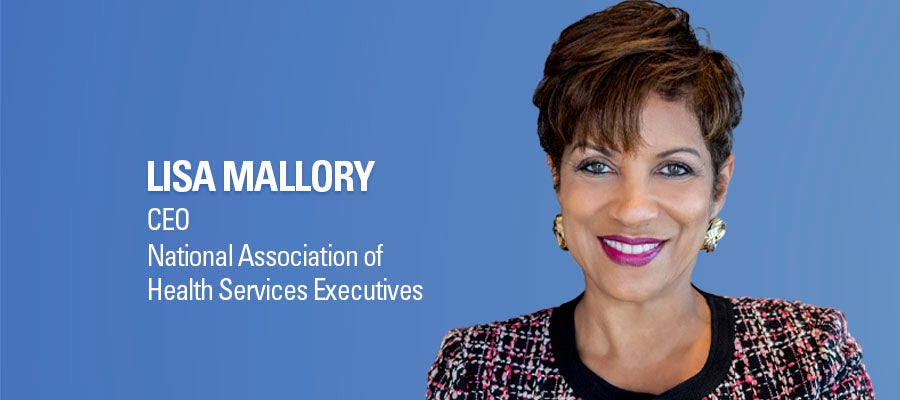Advancing Health Equity: Reflections and Action for Hispanic Heritage Month

As we celebrate Hispanic Heritage Month, it's an opportune moment for us in the Hispanic community to assess our progress in health care, celebrate our achievements and reflect on how we can individually contribute to advancing our cause in diversity, equity and inclusion. This is also a time to re-energize and recommit to the ongoing push for health equity and representation in our industry.
Shifting Demographics and Representation Challenges
The demographics of our nation have been shifting, with Hispanics now making up 19% of the U.S. population, according to the Pew Research Center. Despite this growing presence, only 9% of health care practitioners and technicians are Hispanic, and just 7% of physicians, surgeons and registered nurses come from our community. The situation is even more stark in the C-suite, where Hispanics account for less than 5% of leadership positions.
The COVID-19 pandemic brought many of these disparities to the forefront, and now, as we see a nationwide movement away from diversity, equity and inclusion (DEI) initiatives, there's a real concern about a possible decline in representation of people of color in leadership roles. While we don't yet have specific data on whether Hispanics are experiencing a decline in health care careers overall, the organization I lead — the National Association of Health Services Executives (NAHSE) — is partnering with the National Association of Latino Healthcare Executives (NALHE) to commission research that will provide us with this critical information.
Taking Action: Steps to Maintain and Advance Our Gains
To ensure that the progress we've made is not only maintained but also expanded, there are several key steps we must take:
- Self-awareness and Bias Recognition: It's essential to recognize and address the biases that may be clouding our thinking. One such bias is the misconception that the Hispanic community is a monolith. Our community is richly diverse; for example, I identify as Afro-Latina, and there are many others in our multicultural society who may not feel fully embraced. Acknowledging and celebrating our diversity is crucial for unity and progress.
- Building and Leveraging Alliances: We need the support of allies to understand and promote our cause. According to a report by Deloitte, the use of allies is an important strategy for advancing DEI initiatives. We must work with those who support our goals to ensure that DEI efforts are not dismantled, and that our health equity accomplishments are not derailed.
- Advocacy and Research: As we commission research and gather data, we must continue to advocate for increased representation in health care at all levels, from clinical roles to executive leadership. This data will be crucial in guiding our strategies and ensuring that we can hold institutions accountable for making real progress.
Hispanic Heritage Month is not just a time for celebration, but also a time for strategic reflection and action. Through self-awareness, building strong alliances and advocating for data-driven change, we can continue to advance health equity and ensure that our community's contributions to health care are recognized and expanded. Let's use this month to re-energize our efforts and commit to making a lasting impact in the health care industry.
Lisa Mallory is the chief executive officer of the National Association of Health Services Executives, and sits on the IFDHE Leadership Council.
Sources:
https://www.pewresearch.org/science/2022/06/14/hispanic-americans-experiences-with-health-care/
https://www2.deloitte.com/sg/en/pages/cxo-programs/articles/shexo-male-allyship.html
